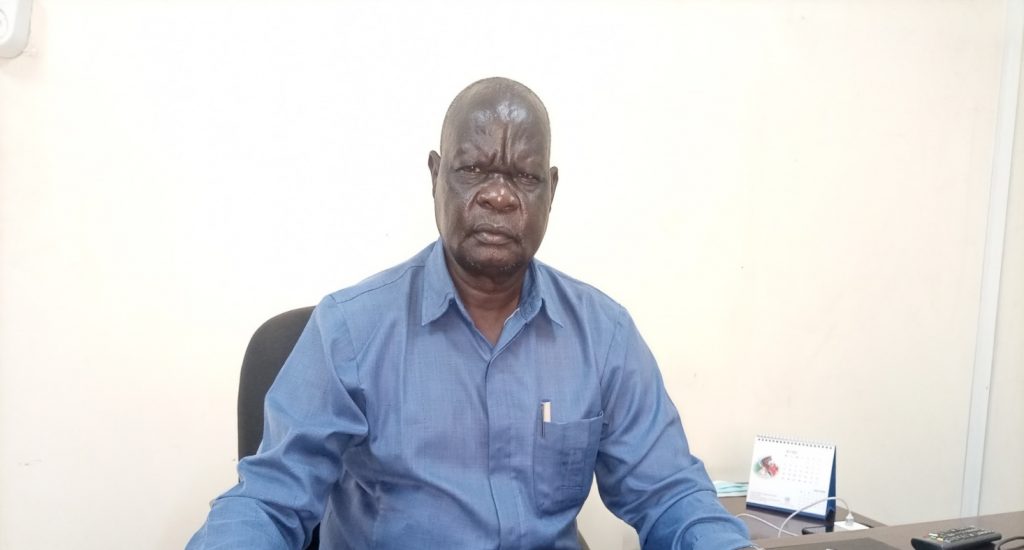
By Matia Samuel Timatio
A scholar from University of Juba is calling on aged politicians to resign and give opportunities to young talented and well-informed politicians ready to lead the country.
The Deputy Dean of the School of Journalism, Media and Communication studies in the University of Juba, Prof. Chaplain Kara Yokoju, said the current leaders have overstayed in the government without making any difference.
Dr. Yokoju’s statement came as South Sudan celebrates its eleventh year of independence. The academic said the former had gone out of new ideas since they are no longer creative.
The Professor said the current leaders should consider resignation, and allow fresh minds and fresh ideas to lead South Sudanese.
He added that the leaders had been too long in leadership since 2005, after signing Comprehensive Peace Agreement (CPA), and have never done anything different.
Prof. Yokoju, a PHD holder in Diplomacy and International Relations told No.1 Citizen Daily Newspaper in one-on-one interview.
He pointed out that, the leaders are only recycling the same ideas that do not work in recent days.
“We need fresh minds, we need fresh leaderships; the term resignation should come in their vocabulary. I don’t know why they are not resigning, when they know they are failing the people of South Sudan,” Dr. Yokoju said.
“So, my message to the leaders is that, let them reflect individually; let them look inwards to what they have done and what they have not done; if they find out that each individual is not performing better the way is called resignation. Let them resign and let somebody with fresh ideas come in and this is how change will come into the country and that is how mistakes are corrected,” he further stated.
The scholar reiterated that people of South Sudan need to be patient though their salaries are not paid, however services they thought of enjoying after the fruit of independence is not happening and people are not secured.
He said that the ethnic tensions are still going on, and internal tribal fighting is all over the county.
He argued that, it’s the failure of the people who were given the responsibilities to govern this country, to look after the welfare of the people, the territory of South Sudan, the security of the people of South Sudan, their properties and give them services that have failed the people of this country.
“The current leadership when their time comes and they leave and elections are held, let the people of South Sudan bring the kind of leaders that they need that gives them hope and prosperity they suffered and fought for and voted for the independence of South Sudan in 2011 so hope is not lost,” he asserted.
He however commended the leaders since the struggle until the sovereign territory of South Sudan, which he said was historical, and people of South Sudan need to defend it like how it was done in the past.
Kara urged Journalists of South Sudan to look into how the Media Laws can be reformed, so that when the permanent constitution is enacted there should be a change of the current media climate.
He said people who are supposed to implement article 24 of the Transitional Constitution of South Sudan 2011 as amended; article 24 (1, 2, and 3), freedom of expression, access to information and dissemination of information and all the government organs were supposed to comply with that article unfortunately they are not complying. “The problem was interpretation of the Media laws of South Sudan, the government interpreted the Media laws as giving them authorities to regulate and control Media in the Republic of South Sudan and that is why they are detaining, arresting, closing down newspapers that is the media landscape we as the media are facing as media houses or journalists in South Sudan,” he underlined.



